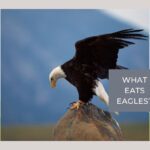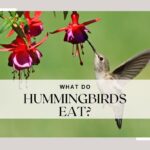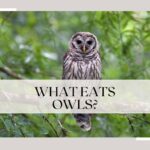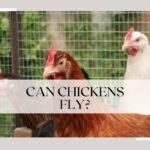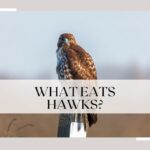Can Birds Eat Popcorn Kernels?
Table of Contents
Many bird enthusiasts and backyard bird watchers often wonder if it’s safe to offer their feathered friends a popular snack like popcorn kernels. While everyone knows traditional birdseed is a safe option, it’s essential to research before introducing a new food item into the birds’ diet to ensure their safety and well-being.
As it turns out, birds can indeed consume popcorn kernels, both popped and unpopped. However, there are specific ways to prepare and serve them, making it easier and safer for birds to eat. Birds of various species can enjoy this treat occasionally, providing them with additional nutrients, antioxidants, and fiber to support their health.
Can Birds Eat Popcorn Kernels?
Birds can indeed eat popcorn kernels, both popped and unpopped. Popcorn can be a nutritious treat for many types of birds due to its high fiber and low sugar content. However, it is important to note that popcorn should only be served as an occasional treat and not as a primary diet item for birds.
To safely prepare popcorn for birds, follow these guidelines:
- Offer plain popcorn with no salt, butter, or additional flavorings.
- It is recommended to provide air-popped popcorn, as it is healthier and safer.
- For unpopped kernels, boil or soak them first to soften the tough hulls.
Popcorn can be a tasty treat for a variety of wild backyard birds. The antioxidants and nutrients in popcorn contribute to a bird’s overall health when consumed in moderation. However, it is important to be aware that some bird species, such as ducks, may find popcorn harmful. Always research the specific dietary needs of the bird species you are feeding before offering new foods.
Potential Risks of Feeding Popcorn Kernels to Birds
Choking Hazard
One of the main concerns when feeding popcorn kernels to birds is the potential choking hazard they present, especially for smaller birds. Large birds such as turkeys, crows, and jays may be able to consume hard kernels without issue, but smaller birds may struggle with them.
To reduce the choking risk, consider breaking the kernels into smaller pieces or soaking them in water, as this will soften the kernels and make them more suitable for smaller birds to consume without difficulty.
Digestion Difficulties
While some birds have the ability to digest popcorn kernels, smaller birds may have a harder time breaking them down in their stomachs. Digestion difficulties can lead to discomfort and gastrointestinal problems in birds. To help birds digest kernels more easily, you can try boiling or soaking them in water to soften them and make them easier for birds to eat.
Unpopped Kernels
Unpopped popcorn kernels can be attractive to some birds, but they should be offered with caution. As with whole kernels, they can present a choking hazard to smaller birds. In addition, unpopped kernels may be more difficult for birds to break down and digest compared to popped corn. If you choose to offer unpopped kernels to birds, consider soaking or boiling them first to soften them and reduce the associated risks.
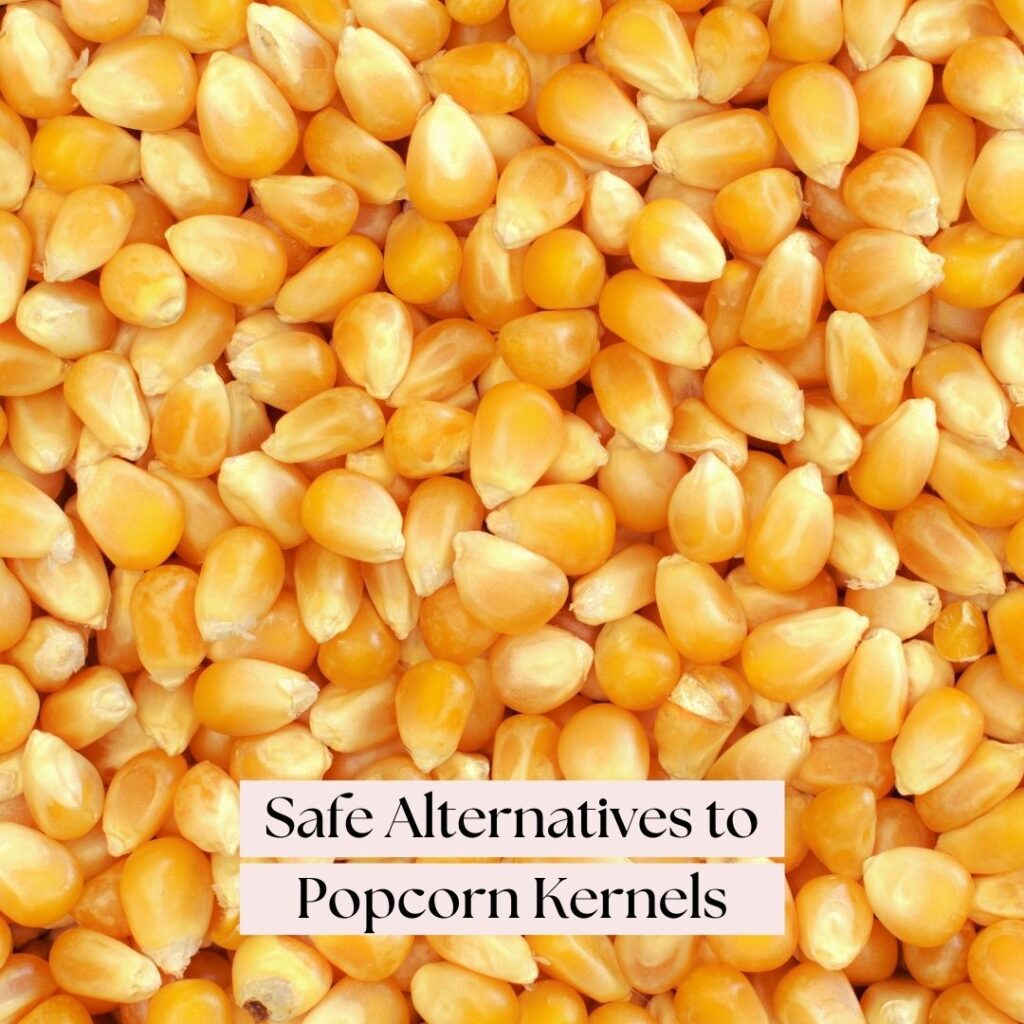
Safe Alternatives to Popcorn Kernels
Air-Popped Popcorn
Air-popped popcorn is an excellent alternative to unpopped popcorn kernels for birds. Since the kernels are fully popped, they are tender and easier for birds to eat. Popped popcorn is also high in fiber and contains essential nutrients that can benefit birds.
When choosing air-popped popcorn as a treat for birds, ensure it is free from any additives or flavorings. Salt, butter, and other seasonings can be harmful to birds, so avoid offering them any popcorn that contains these ingredients.
Bird-Safe Treats
Aside from air-popped popcorn, there are a number of healthy treats that can be offered to birds. These options are not only nutritious but will also appeal to the birds’ natural feeding habits. Consider providing the following bird-safe treats:
- Water – Providing fresh, clean water is essential for birds’ overall health and well-being.
- Sunflower seeds – These seeds are a favorite among many bird species and can be found in most birdseed mixes.
- Millet – Rich in protein and easily digestible, millet is an ideal treat for smaller birds.
- Unsalted peanuts – Peanuts are a good source of protein and fat, making them an energy-rich treat for birds. Ensure the peanuts are unsalted and unflavored.
- Fresh fruit – Pieces of fresh fruit, such as grapes or sliced oranges, can provide necessary vitamins and minerals for birds.
When offering these alternatives to birds, always ensure that they are fresh, clean, and free of any potentially harmful additives or seasonings.
Some common alternative questions include:
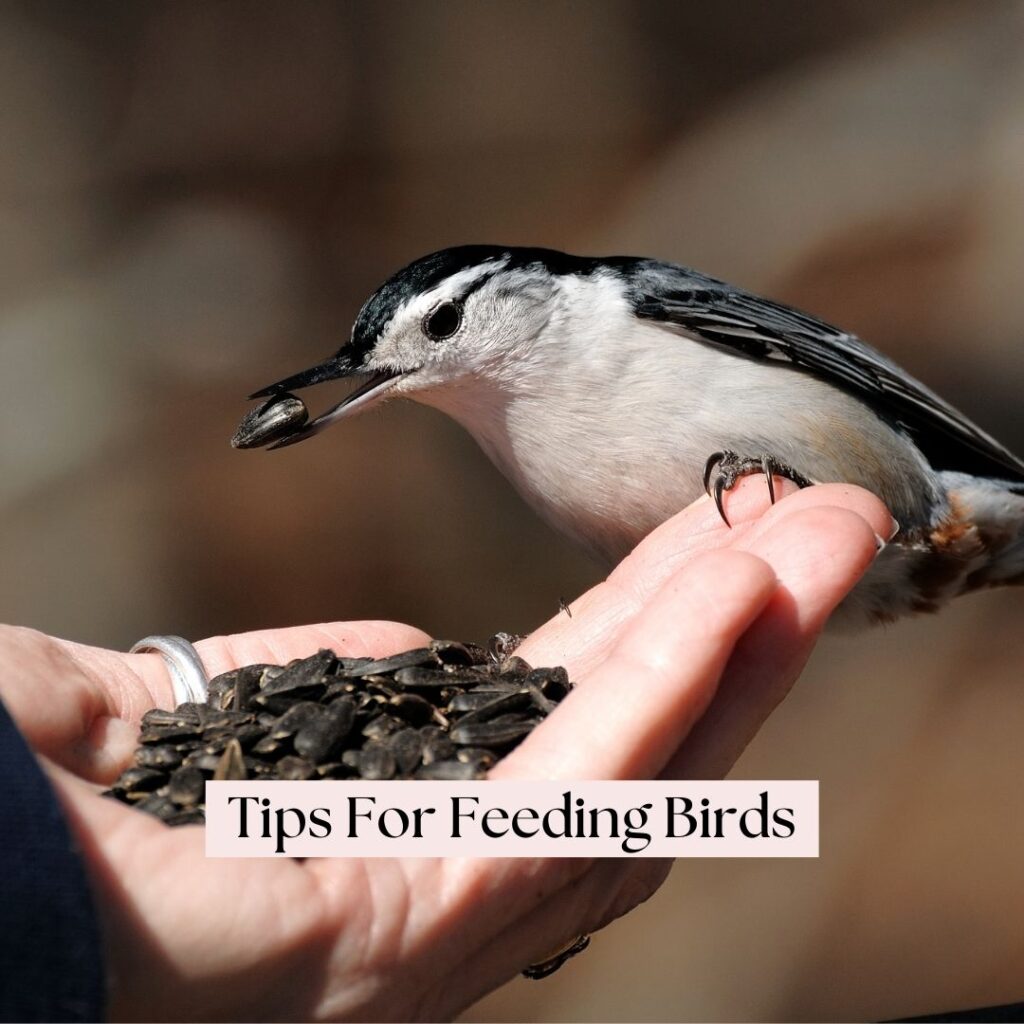
Tips for Feeding Birds
Feeding birds with popcorn kernels can be a fun and enjoyable experience. However, it is essential to ensure the overall health and well-being of the birds by following some simple guidelines.
Balanced Diet
Birds require a balanced diet to maintain their health. Although popcorn kernels can be a nice treat, they should not be the primary source of nutrition for birds. Instead, incorporate a mix of organic vegetables, cooked whole grains, and raw or sprouted seeds into their diet. Remember to keep popcorn free of salt, cheese, or butter when offering it as a snack to your feathered friends.
Monitor Food Intake
It is crucial to monitor the food intake of birds to ensure they are not overeating or exclusively consuming popcorn kernels. Overindulging in popcorn may lead to potential health issues for birds. Instead, offer small portions of air-popped popcorn without added salts, sugars, or butter as a treat alongside their regular balanced diet.
When preparing popcorn for birds, opt for plain kernels and air pop them to avoid any added oils. You can use a popcorn machine or prepare them in the microwave using a paper bag. By following these tips, you can ensure that your birds can safely enjoy popcorn kernels as a tasty treat.
Conclusion
In summary, birds can safely consume popcorn kernels, whether popped or unpopped, as an occasional treat. Popcorn offers a source of fiber, nutrients, and essential vitamins and minerals like iron, magnesium, and zinc. However, it is essential to remember that popcorn should not act as a primary food source for birds but rather as an infrequent snack.
To make unpopped kernels more palatable and easier for birds to digest, consider boiling or soaking them before offering them to your feathered friends. This softens the tough hulls and makes them more appealing. When feeding popped popcorn, ensure that it is plain and free of potentially harmful additives like salt, butter, or artificial flavorings. And remember – It’s always important for birds to have fresh clean water.
Lastly, be cautious with certain bird species, such as ducks, as they can be more sensitive to what they eat. Overall, providing popcorn to birds can be an enjoyable and nutritious snack, as long as it is done in moderation and with proper preparation.

